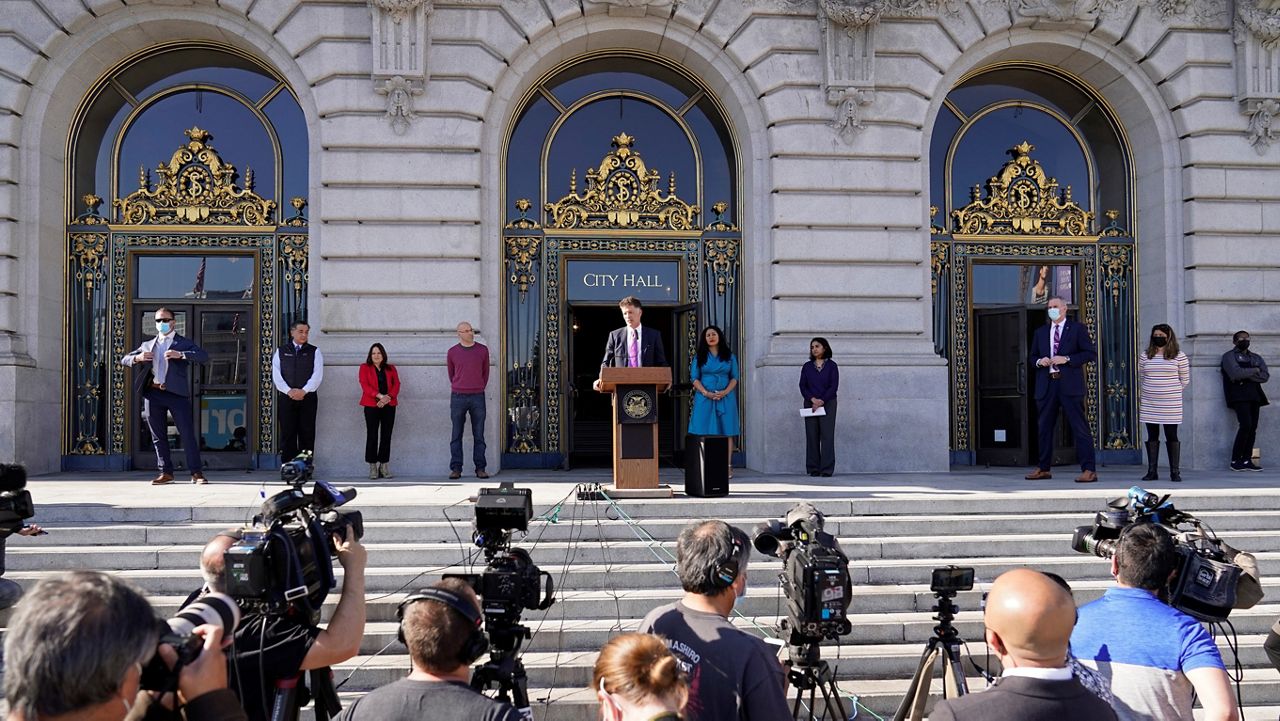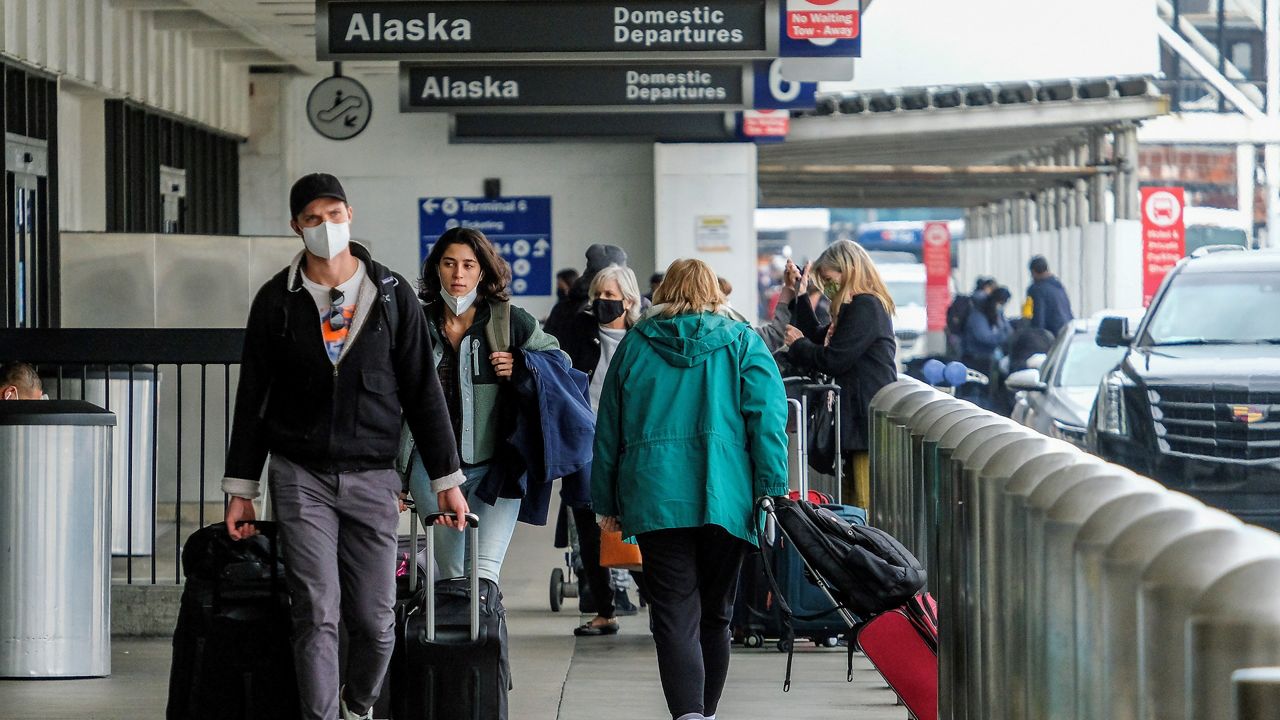As worries over the new COVID-19 omicron variant take hold, health professionals grapple with explaining the strain before they even understand it.
The pandemic and all of the economic, social and health problems it has wrought have heightened the pressure for answers. But in a profession where clinical studies on viruses and vaccines can take years, answers can take time to materialize. As people thirst for life to return to normal, health officials are trying to figure out when that will be.
And as the omicron variant spreads, which appears to have surfaced first in South Africa, officials are struggling to explain it.
“I’ve been huddling with my colleagues in the field about this and nobody really knows yet. We’re all trying to decipher what this means and the answer is nobody knows,” said Andrew Noymer, a University of California, Irvine professor of epidemiology.
The pandemic has, aside from rampant infection rates, been characterized by a dearth of answers from the medical community.
Officials are working on educated guesses as hard data on antibodies and what kind of protection they offer is still in the works.
And each variant could be different.
Antibodies from one variant will offer protection against that strain again. But for how long is not completely clear. It’s also not clear if a person battles through the delta variant how much protection they might have against the omicron variant.
The same goes for vaccines. Officials’ best guess is that the drugs on the market and the accompanying booster shots will protect against omicron. They’re just not sure how robust that protection will be.
An added complication for health officials is what “fully vaccinated” really means. Is it just the initial inoculations, or must “fully vaccinated” people also have a booster?
That depends on how long the antibodies last, what protection they offer against known variants, and their defenses against new ones.
With the omicron variant arriving in California Wednesday, these kinds of questions will persist.
“How is this situation materially different from what we’ll have a year from now? We’ll be girding for a big winter wave of COVID,” Noymer said.
COVID developments have routinely arrived well ahead of clinical study results and the kind of mass, raw data that can help answer big, complicated questions.
The omicron variant, how easily it spreads, and what kind of risk it poses present the same issue to officials as past variants.
Problems explaining the illness and new versions of it have been inflamed by what Noymer called pandemic fatigue, adding that it’s “a real phenomenon.”
There remain, however, proven tools for managing the coronavirus, no matter what new twists fresh variants may present.
Enforcement against such fatigue has been a primary political talking point as proposed vaccine mandates for school and government workers have caused heated debate. Restaurants and other businesses, especially in Los Angeles County, have picked up the slack. Most bars and restaurants require masks upon entrance and often ask for proof of vaccination.
Dr. Sanghyuk Shin, director of the UC Irvine Infectious Disease Science Initiative, said restaurants have the right idea and that government may need to step in to take things further.
He said restaurants and other crowded venues might need to consider reducing capacity. While vaccinations are a powerful tool, he said, they’re not the only ones we should be using.
Another important oversight, he said, has been the focus of wealthy countries on providing access to the vaccine. Almost 56% of the world has been vaccinated, but many poor countries lag behind with little buying power available to acquire large numbers of coronavirus vaccines.
India, the most populated nation on Earth, has 33% of people vaccinated, with many countries fairing far worse.
“I think this inequity is going to fuel the pandemic,” Shin said. “I think it’s absolutely urgent we do something about it.”
But major questions over the new variant and whether new vaccines will be required remain.
Noymer said it’s impossible to say what response will be required, but answers should be on the horizon.
“Call me next week,” he said. “We’ll know much more then.”



